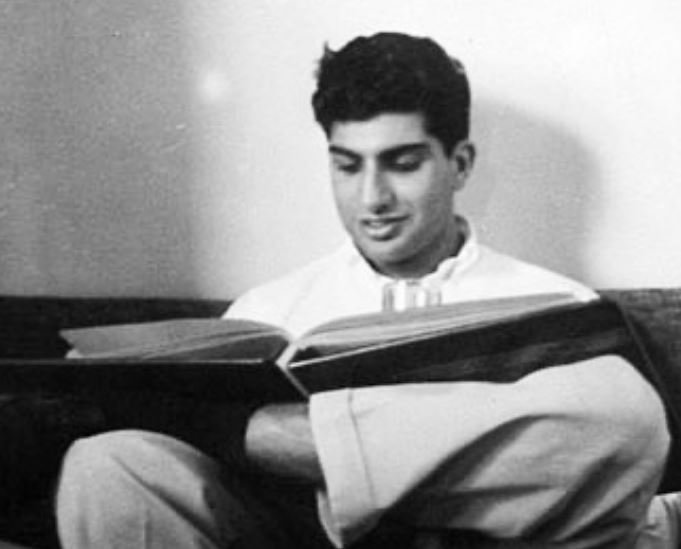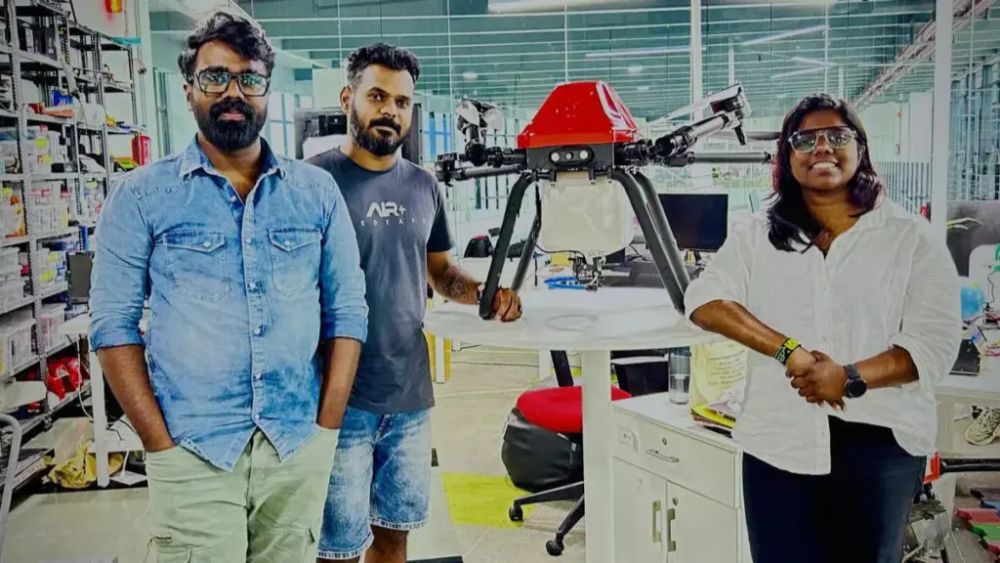India mourns the loss of one of its most visionary industrialists, Ratan Naval Tata, who passed away on October 9 at the age of 86. The former Chairman of Tata Sons revolutionised the Indian industry and left behind an indelible legacy.
Born into the illustrious Tata family, Ratan Tata was adopted by his grandmother, Navajbai Tata, at the age of 10 after the divorce of his parents. His early education took place in India, but he later pursued academic excellence abroad. He graduated from Riverdale Country School in New York in 1955 before attending Cornell University.
Ratan Tata’s career with the Tata Group began in 1961 when he joined Tata Steel. In 1991, he went on to become the Chairman of Tata Sons and led the conglomerate into the global sphere with remarkable acquisitions such as Corus, Jaguar Land Rover, and Tetley.
Despite his immense success, Ratan Tata’s personal life remained relatively private. He came close to marriage four times but stayed single throughout his life. His most significant romantic connection was during his time in Los Angeles, where he fell in love, but reportedly the father of his love interest opposed the marriage because of the then-ongoing 1962 Indo-China War.
Tata was also a trained pilot and became the first Indian to fly the F-16 Falcon fighter jet in 2007. His love for animals, particularly dogs, was well-known, and he used his platform to find homes for stray animals, particularly in Mumbai. It is reported that once he skipped his meeting with King Charles III wherein he was to be bestowed a royal honour, to tend to his ailing pet dog.
This love for pets was evident in his very last project as well. His final project was the Small Animal Hospital Mumbai (SAHM). The facility features ICUs and HDUs equipped with life support systems for critically ill and injured animals, among other essential services.
Ratan Tata’s passions also extended to art, where he admired and collected works from prominent Indian artists such as MF Husain and SH Raza. His collection of paintings, sculptures, and vintage cars reflected his varied interests outside the boardroom.
Ratan Tata’s influence extended far beyond business. His philanthropic initiatives were driven by a deep commitment to education and innovation. He spearheaded several charitable contributions through the Tata Group, including the $28 million Tata Scholarship Fund at Cornell University and a $50 million donation to Harvard Business School, which led to the creation of Tata Hall. His support for Indian institutions also saw the establishment of the Tata Center for Technology and Design at IIT Bombay.
Ratan Tata’s contribution to Indian industry is immeasurable and his ethics, empathy, and humility have left a mark on the world of business and beyond. His passing marks the end of an era, but his influence will continue to inspire future generations.






















